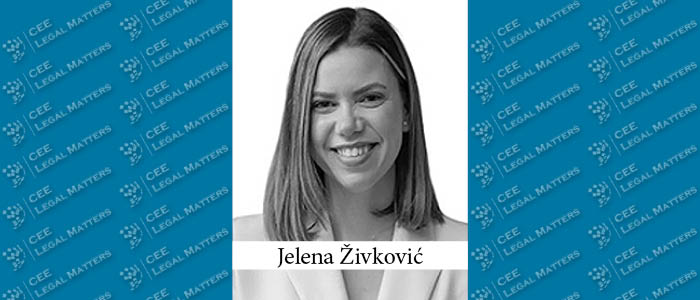Mediation as a way of resolving disputes between parties has existed for a long time now. However, not many have been willing to take part in the mediation process and use this way of resolving disputes, whose main purpose is to achieve a solution acceptable to both parties. It seems that long-lasting court proceedings and often expensive arbitration processes have shed light on a more amicable, faster, and more economical way of resolving disputes – mediation.
To initiate a mediation process the parties must be willing to do so – the main feature of mediation is that it is a voluntary process, in which a neutral intermediary, the mediator, assist parties in reaching a dispute settlement based on the parties’ respective interest. In the mediation process, the parties are equal, and the mediator is obliged, taking into consideration all circumstances, to secure an equal position for both parties.
Parties may use mediation as a way of resolving disputes related to property law disputes, the subject of which is the fulfillment of an obligation to act, other property law disputes, family and commercial disputes, administrative matters, disputes in the field of environmental protection, in consumer disputes, as well as in all other disputed relationships, in which mediation is appropriate the nature of disputed relations and can help parties resolve them.
Contrary to the court proceedings, the mediation process is strictly confidential and the public is excluded. All information, proposals, and statements given in or arising from the mediation proceedings are confidential if the parties have not agreed otherwise, except for those that must be communicated based on the law, for the protection of public order, especially when it is necessary to ensure the protection of the best interests of the child or to prevent harm to the physical or psychological integrity of the person, as well as in the case if it is necessary to implement the agreement of the parties.
Another distinction from the court proceedings is that proposals given during mediation proceedings exclusively for the purposes of reaching an agreement cannot be used in court, arbitration, or other proceedings, nor they may be disclosed in another way. In that sense, the fact that one party has suggested the initiation of the mediation proceeding or expressed her/his will to participate in those proceedings cannot be used in court or any other proceedings. Moreover, opinions and positions expressed by the party in the mediation procedure or proposals presented in that procedure solely with the aim of reaching an agreement, as well as possible ways of resolving the dispute, which were presented by the mediator during the mediation procedure, and the fact that the party in the procedure showed a willingness to accept the proposed way of resolving the dispute cannot be disclosed in court or any other proceedings. However, if the parties through mediation do not reach an agreement regarding legal aspects of the case, but do reach an agreement related to the factual basis, the facts that are covered by the consent of the parties to the proceedings shall be considered undisputed in court or other proceedings.
Further, apart from the court proceedings in the mediation procedure, each party bears its costs, and joint costs (such as a reward for the mediator’s work and compensation of the mediator’s costs) are borne equally, unless otherwise agreed, while in court proceedings the losing party shall reimburse the costs of the other party.
Having in mind all aspects of the mediation process it is undoubtedly the most efficient way of resolving disputes, both in terms of time and costs. It enables the parties to reach a common agreement and maintain a good business relationship. The practical aspects of mediation are boosted by the fact that mediators are licensed experts from different areas of business practices and are, thus, familiar with all specifics of the business from which the dispute arose.
In practice an increasing number of disputes are settled through mediation, therefore it seems that there is a multitude of reasons for mediation’s bright future.
By Jelena Živković, Senior Associate, SOG Law Firm

